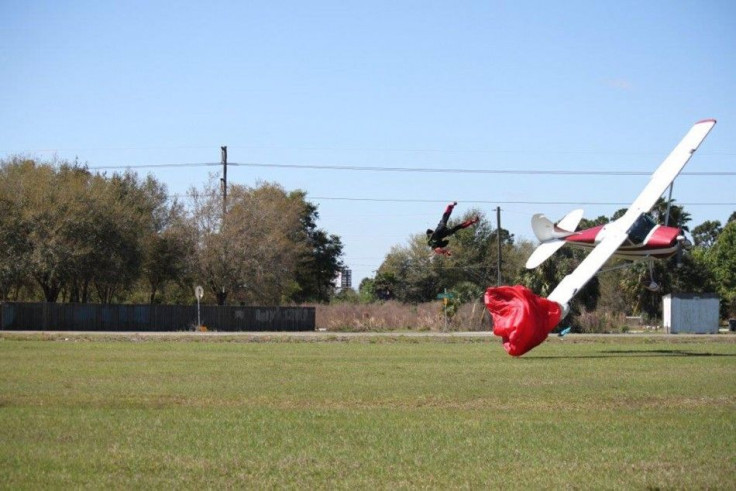New Zealand Adventure Aviation Operators To Face Random Drug Tests: Probe Finds Carterton Balloon Tragedy Caused By A Cannabis Pilot

New Zealand’s Adventure aviation operators would soon face random drug tests. This is one of the key recommendations mooted by the Coroner Peter Ryan panel, which studied the balloon tragedy in Carterton, near Wellington in January 2012, which killed 11 people in a crash and was allegedly caused by a pilot, who was a "chronic cannabis" user.
In New Zealand, adventure aviation includes hot-air ballooning, gliding, paraglider operations and commercial parachuting. They are popular activities in New Zealand and are marketed internationally to lure tourists in experiencing high-adrenaline activities.
According to AFP, one of the recommendations to the Ministry of Transport is to make an amendment to the Civil Aviation Act to enable the CAA and police to undertake random drug testing. The panel led Ryan found that pilot Lance Hopping's judgement was impaired by cannabis when the balloon hit power lines before plunging to the ground in a flaming wreck.
Cannabis Effect
Ryan also urged authorities to consider a second crew member on flights so they could take over if the main pilot was incapacitated. Ryan blamed cannabis consumption for the "inexplicable" actions taken by Hopping in the lead up to the crash, which killed everyone on board as relatives watched the scene with horror. Ryan said the pilot first allowed the balloon to descend into a field bordered by two sets of power lines, which was an "inherently dangerous environment."
Then as soon as wind took it towards the cables, he ascended in a futile attempt to fly over them rather than landing and escaping the basket from entangling in live wires. "It is possible that his judgement and decision-making were impaired due to the carry-over effect of having smoked cannabis," Ryan's report said.
Faulty Licensing
The inquest into the tragedy showed that the 53-year-old should not have been flying because his pilot's medical certificate had expired six weeks ago. Normally, such certificates rely on pilot’s voluntary disclosure of drug use and in Hopping’s case, he lied when his documentation was last renewed. Director of Civil Aviation Graeme Harris said there had been several changes to the way the CAA operates in the the aftermath of the incident, by improving adventure aviation safety in New Zealand, reports NZ Herald. Harris said the coroner's recommendation for alcohol and drug testing in aviation is compatble with the CAA's long standing position on drug and alcohol use.
(For feedback/comments, contact the writer at k.kumar@ibtimes.com.au)





















